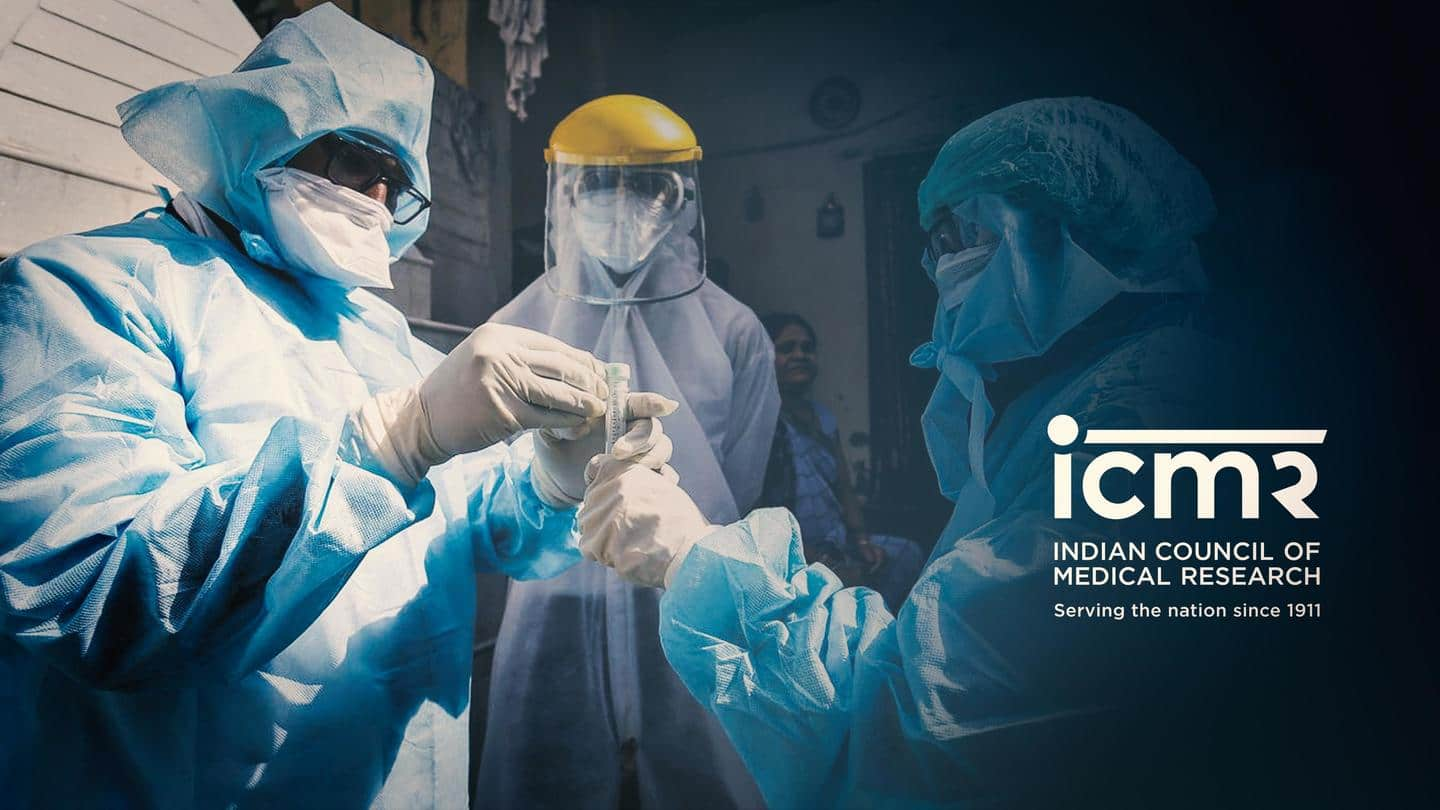
Kerala has least COVID-19 antibodies: ICMR's national serosurvey
What's the story
The fourth national COVID-19 serosurvey conducted by the Indian Council of Medical Research (ICMR) found that at least two-thirds of India's population above the age of six years have antibodies against the virus causing COVID-19: SARS-CoV-2.
While Madhya Pradesh has the highest seroprevalence of 79%, the lowest seroprevalence of 44.4% was found in Kerala, according to the latest nationwide serosurvey.
Here are more details.
States
ICMR carried out survey across 70 districts in 21 states
The ICMR conducted the fourth national serosurvey between June 14 and July 6 across 70 districts in 21 states where the previous three serosurveys were carried out.
Seroprevalence in Rajasthan was reportedly 76.2%, 75.9% in Bihar, 75.3% in Gujarat, 74.6% in Chhattisgarh, 73.1% in Uttarakhand, 71% in Uttar Pradesh, 70.2% in Andhra Pradesh, 69.8% in Karnataka, 69.2% in Tamil Nadu, and 68.1% in Odisha.
Information
Assam had second-lowest seroprevalence of 50.3%
According to the latest serosurvey, Punjab had a seroprevalence of 66.5% while the number stood at 63.1% in Telangana, 63% in Jammu & Kashmir, 62% in Himachal Pradesh, 61.2% in Jharkhand, 60.9% in West Bengal, 60.1% in Haryana, 58% in Maharashtra, and 50.3% in Assam.
Serosurveys
Centre asks states, UTs to conduct their own serosurveys
The Union Health Ministry, referring to the latest nationwide serosurvey findings, advised the states/Union Territories to carry out their own serosurveys.
It said findings of these surveys can be used by states/Union Territories to guide "objective, transparent, and evidence-based public health response to COVID-19."
The government also said there's no room for complacency in this fight, stressing everyone has to follow COVID-19-appropriate behavior.
Quote
Results don't reflect heterogeneity of seroprevalence between districts, states
"The national serosurvey by ICMR was designed to capture the extent of the spread of COVID-19 infection at the national level. Therefore, the national serosurvey results do not reflect the heterogeneity of seroprevalence between districts and even between states," an official statement said.
Details
A third of Indian population still vulnerable to COVID-19: Official
The fact that 67.6%—or two-thirds—of India's population aged above six years have SARS-CoV-2 antibodies, implies about a third of the country's population—which is more than 40 crore people—is still vulnerable to the infection.
The government stressed the strict observance of COVID-19-appropriate behavior is necessary, social/religious/political congregations must be avoided, and non-essential travel needs to be discouraged.
ICMR's suggestion
Children can handle viral infection much better: ICMR
Meanwhile, the ICMR has suggested considering reopening primary schools first as children in this age group can deal with the infection in a better manner.
"Children can handle viral infection much better as they have lower number of ace receptors. So once the decision is taken and all the staff vaccinated, it would be wise to open primary schools first," the ICMR said.